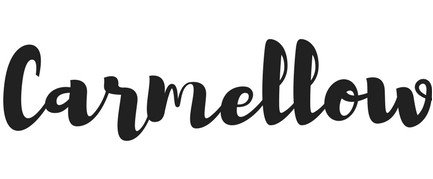Do you often feel like all you do is worry about upcoming issues? Like sometimes, if you pause, you realize that you have spent the entire day planning ahead? For most of us who experience anxiety throughout the day, anxiety is living in the present but worrying about the future. You see, anxiety is all about suffering from future issues and forgetting to be present in the moment. If we were to stop and ask ourselves where the anxiety is coming from, I can promise you with 100% certainty that it is coming from anticipation/worry/fear/stress of what is to come.
“The primary cause of unhappiness is never the situation but your thoughts about it.”
― Eckhart Tolle, A New Earth: Awakening to Your Life’s Purpose
So how do I make anxiety disappear? It’s simple! Start by asking yourself a question. Questions hijack our brain, meaning we can only focus on one thing at a time. When you ask yourself a question, the brain goes into a process known as “instinctive elaboration” which means the brain focuses only on that and nothing else. I’m not a neuroscientist, so I’m keeping the explanation ridiculously simple. However, if you’d like to learn more about the science behind it, David Hoffeld wrote more about it here. But back to the question – you can ask yourself anything. I personally like to ask myself, “what do you know to be true?”. This helps me differentiate between reality and the stories in my head. I’m sure you know what I’m talking about, but in case you don’t, we all have stories in our heads based on past experiences. These are brain shortcuts if you will. Our brains have to process so much information, they develop alternatives to get us to the end result faster. So for example, if there is a situation similar to something you have encountered before, your brain will say (again, I’m keeping this very simple and unscientific) I know what this is about, it’s just like that one time when X thing happened. The only problem is, sometimes the situations are not the same. And neither are the characters. So it is essential to differentiate between what we know to be true, and what we think may be true.
Once you ask yourself the question, and you establish what you know to be true, then you are living in the present moment. And anxiety doesn’t exist in the present moment because it is a problem of the future. As described in David Barlow’s book, Anxiety and Its Disorders, anxiety is “a future-oriented mood state in which one is ready or prepared to attempt to cope with upcoming negative events, suggesting that it is a distinction between future vs. present dangers which divides anxiety and fear.”







